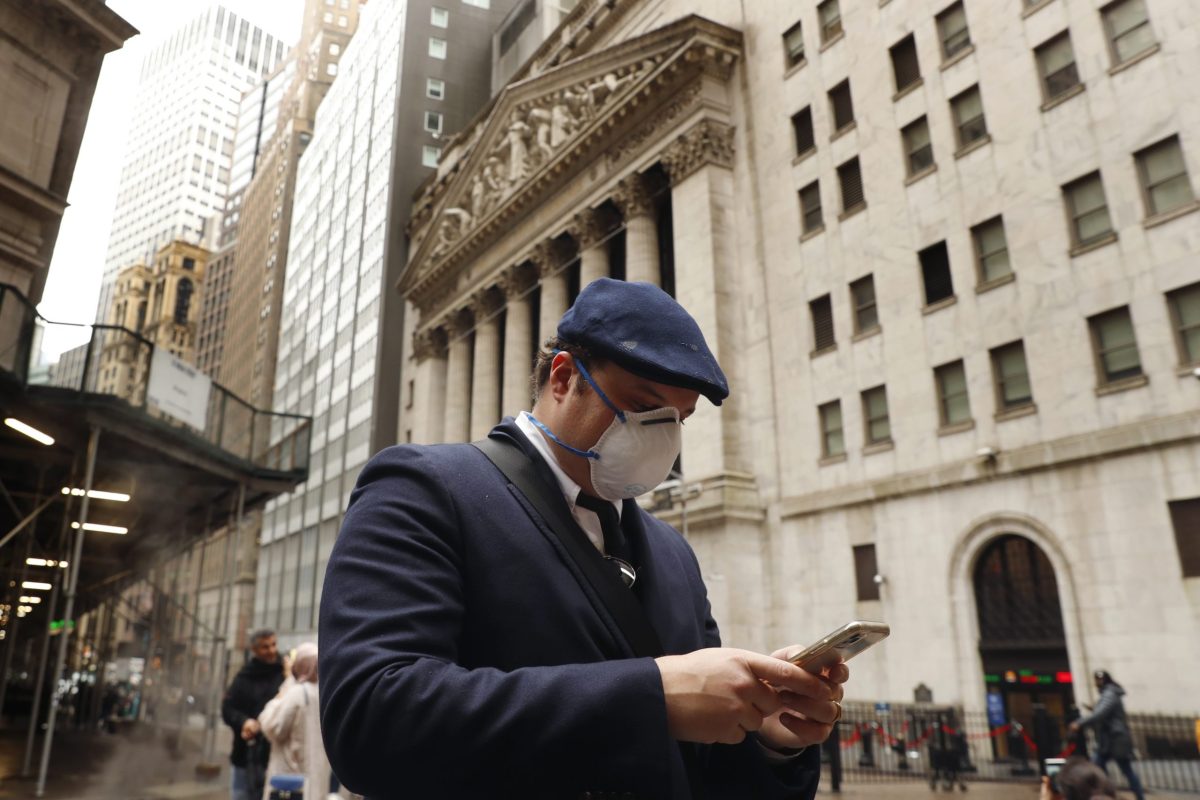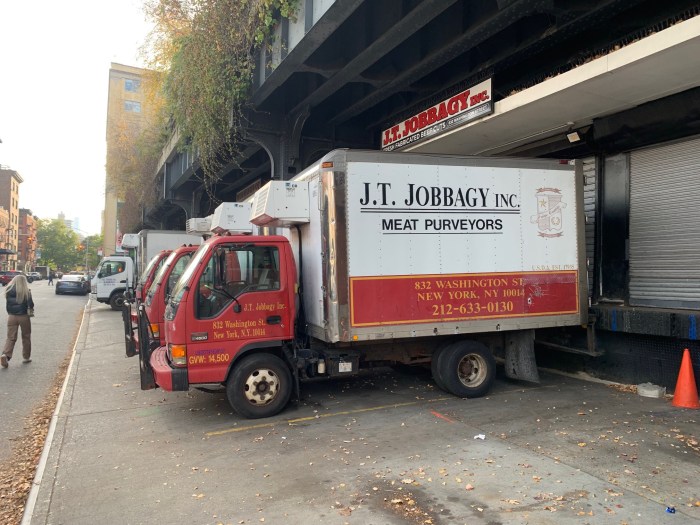BY ELIZABETH DILTS MARSHALL
Most Wall Street workers can expect to see their bonuses slashed this year and some jobs may be cut, according to a report published Monday by compensation consulting firm Johnson Associates Inc.
Banks are struggling to curb rising costs as shutdowns caused by the pandemic have put millions out of work, and forced banks to add billions to reserves in case consumers or business customers default on loans.
These costs are likely to hurt employee incentives, like bonuses, despite the recent rebound in U.S. equities markets, according to the report, which is closely watched by financial professionals.
Only traders and investment bankers who work in underwriting are likely to receive bigger bonuses in 2020, compared with 2019, according to the report.
Underwriters have been in high demand since March as corporations rushed to raise money during the pandemic, and traders have been handling record-high volumes of transactions as investors looked for opportunities in the volatile markets.
Conversely, workers in hedge funds, asset management, private equity and retail and commercial banking should expect incentives to shrink by as much as 30%, according to the report.
Layoffs could begin at traditional asset management firms and investment and commercial banking divisions later this year or in early 2021, as banks struggle to make a profit as the pandemic suppressed client activity and threatens to cause loan defaults.
Alan Johnson, author of the report, has said that layoffs this year could be significant. Companies were forced to make quick decisions and cut red tape during the pandemic, and they have recognized fewer employees are needed to do certain jobs, Johnson said.


































